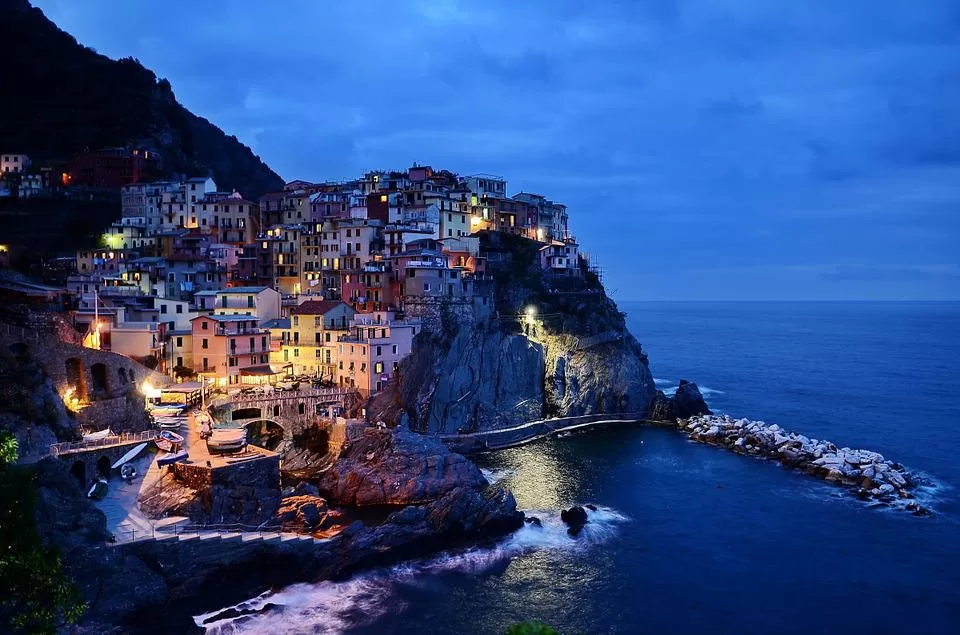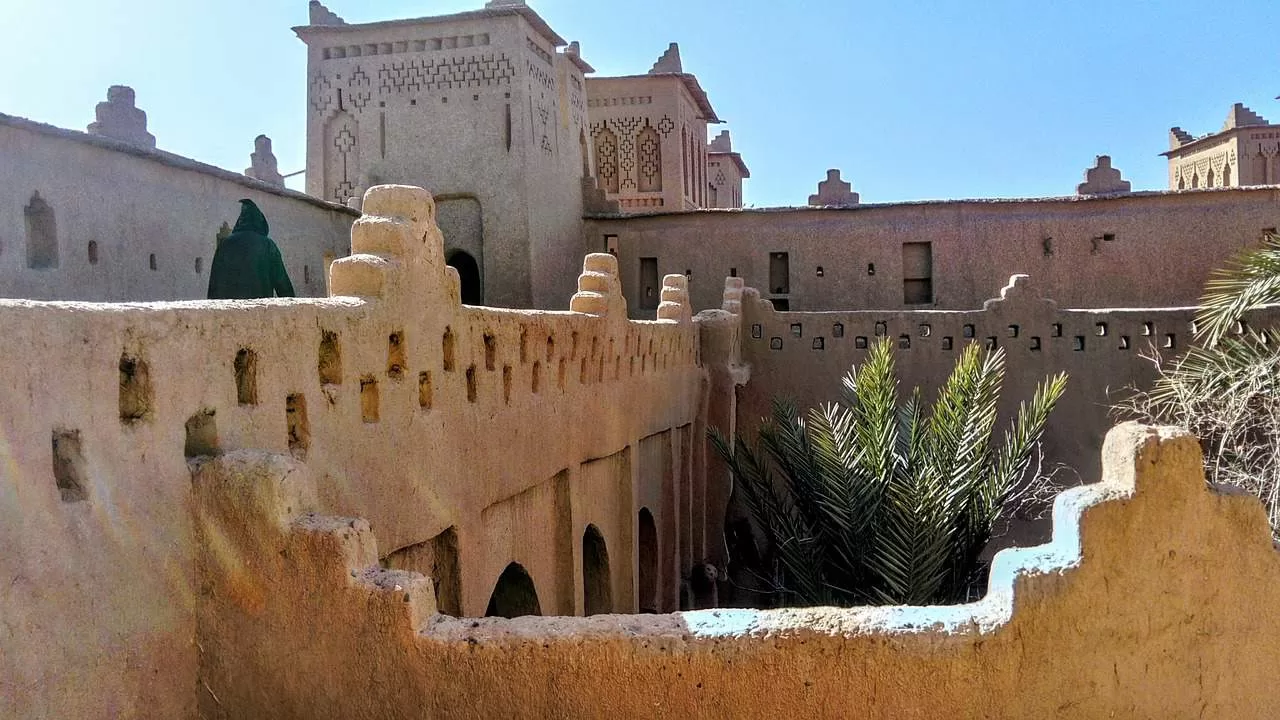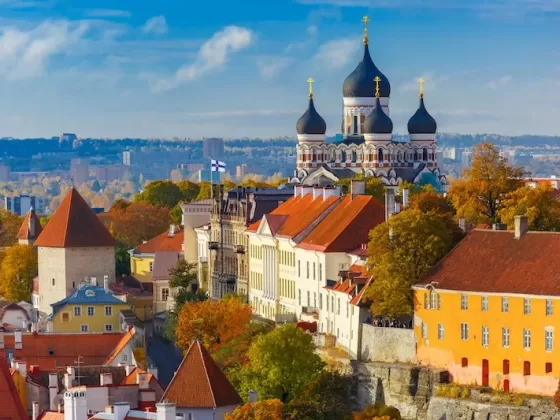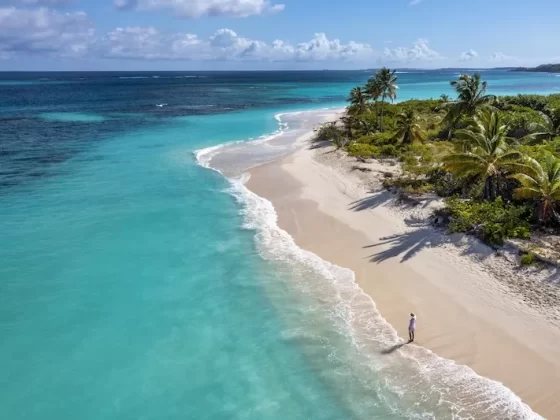Live Overseas in Italy
Drinking fine Italian wine in the Italian countryside is the idea of paradise for many. There is a considerable amount of expats that have made Italy their home. They are enjoying the warm weather, delicious food, and the culture… and you can be too! Most people believe that obtaining this dream of living overseas in Italy is impossible, due to a hefty price tag. What many people don’t know is that this can be a reality for cheaper than you think.
Italy offers one of the most unique and diverse living experiences found in the world. There are many different regions in the country that offer activities like skiing, horseback riding, scuba diving, sailing, and so much more.
Before heading to the beautiful country, it’s a good idea to become familiar with the many different visa options. One thing you should know is that you are considered a tourist by Italians if you stay less than three months, whether you’re there for vacation, a professional trip, studying, or performing research. After three months, you are considered a resident.
If you do seek some kind of visa or residency, the government requires you to do so before entering the country. You can acquire the proper documents from an Italian consulate in your home country. The process can take weeks, so make sure you are planning properly.
EU Residents
A tourist visa is granted for most countries in the EU because of the Schengen Treaty. EU nationals do not need the Stay Permit or Residency documents if they wish to live in Italy. To stay longer than three months they need to register with their local Anagrafe office and provide the following documents:
- Proof of identity
- Evidence of employment or self-employment or demonstrate financial resources
- Evidence of enrolment in an educational facility together with sufficient financial resources
- Valid health insurance
Tourist Visa
To enter the country as a non-EU national from countries like the U.S. and Canada, you do not need a visa to enter the country for the first 90 days of visiting. You do, however, have to obtain a Permit to Stay within the first eight days of arrival.
After the initial three months, visitors must acquire a “Non-Tourist” visa. You need to apply for this in your home country.
Permit to Stay (Permesso di Soggiorno)
Within your first eight days of visiting the country, you are required to appear in front of the local police authority with your passport and visa. It does not matter which kind of visa you obtain, this document legitimizes your stay.
After receiving this document, within 20 days, you will have to obtain a certificate of residence if you plan on staying longer than three months. This is applied for at the Vital Statistics Bureau and can take one to two months to receive.
Elective Residency Visa
The Visto per Residenza Selettiva o Dimora is the visa for foreigners who can afford to live overseas in Italy without having to work. It is usually for retired expats who can collect income from a pension plan. The Residence Visa is only for those who are moving abroad to the country. This visa doesn’t let you work while in Italy.
Though you shouldn’t have a problem getting the visa and entering the country, the Consulate advises that you travel with the documents you submitted to apply for the visa, most specifically, those that proved your financial means.
Other Visa Options
- Family Visa (Visto per Coesione Familiare) – This visa is for when a family is traveling to Italy together for longer than three months. The family must enter and leave the country together. Along with the typical visa documents, you must prove familial relations.
- Student Visa (Visto per Studio) – This visa is the easiest one to obtain and has no application fee. It’s valid for students enrolled in a university in Italy or a foreign university located in Italy.
- Working Visa – A work permit is to be obtained by your prospective employer when you apply for the visa. Your employer must prove that you are filling a position that can’t be filled by a local.
EC Residence Permit
If the dream of living overseas in Italy is coming true for you, and you have lived in the country legally for five years, you can apply for EC residence. This permit is permanent. The application includes the following documents:
- A copy of your valid passport or equivalent travel document
- A copy of your income tax statement bearing evidence that you have a minimum income higher than the social allowance (“assegno sociale”)
- Criminal record and pending charges
- Evidence of appropriate accommodation
- Copies of payslips for the current year
- Residence and family certification
Here is probably the most extensive ebook on Everything You Ever Wanted To Know About Eliminating Your Taxes, Protecting Your Assets And Regaining Privacy Over Your Life And Investments. It is called The Ultimate Guide To Going Offshore. Visit our bookstore to purchase it today!
I hope you enjoyed reading this article: Live Overseas in Italy. If you have any questions, please contact our office HERE.
I’ve included some great articles for you to read, enjoy!
Why Italy is Such a Popular Vacation Destination
What You should Know about Retiring in Italy
5 of the Most Popular Expat Destinations in Italy
What You Need To Know To Move To Italy










